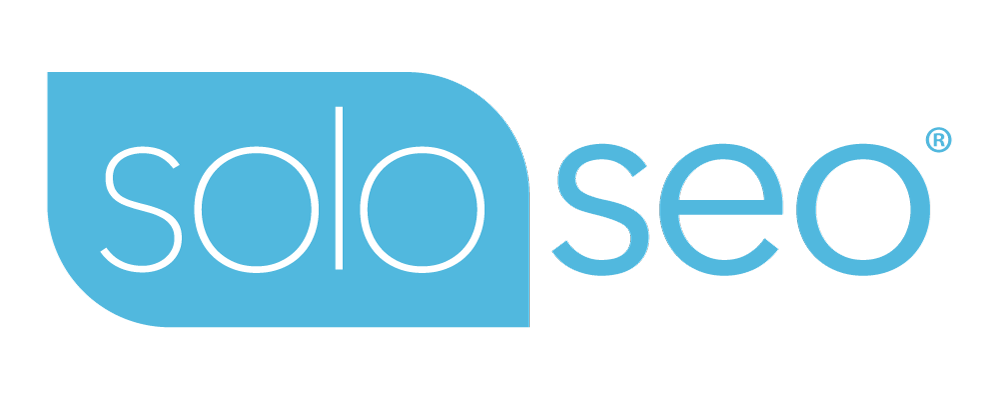
Michael Gray doesn’t know who I am, I don’t expect him to. We sat next to each other one day at lunch during Pubcon, he is a polite, engaging guy, with obviously tons of knowledge in SEO/SEM field. I enjoyed Michael’s many interviews on Local search, and learned much from his posts. He has earned a great deal of respect for his knowledge in this industry, no bones about it. (And here comes the but). But in his latest rant concerning Google and paid links, which was in response to Matt Cutts’ blog post about paid links, I think Michael’s perspective of the situation is just a bit too simplified. Now, I am not what anyone should consider a SEO, I am more of a SEO theorist at best. I have been learning SEO to selfishly help our businesses grow online, so I analyze SEO related, and most business related situations through my experience as a small business owner and based on basic economic principles. These lenses are the only ones I feel comfortable using when analyzing interesting business issues, just so we have established my perspective.
Michael Gray has a problem, as do many, with the apparent hypocrisy within Google. On one hand Google asks us to not buy or sell links, and to report sites which do one or both. Google tells us this will allow them to adjust a site’s rank, and relevance calculations accordingly, which needs to be done because links currently influence a site’s rank. So, in a paid linkless world, Google, in theory, would only be serving up the most relevant sites for each of our search queries. This of course is a preposterous dream, but we will leave this a discussion on another post, it still remains the stated purpose of Google’s actions.
Now to the other hand, while Google publicly denounces and punishes those dealing in paid links, they turn around and make piles of cash selling links for placement on their SERPS, as well as on other sites participating in their ad delivery system. On the surface there is definitely some cause for concern, and the appearance of impropriety is nothing short of glaring. It is this apparent conflict of interest which has Michael Gray and SEO minions riled up. “Why can Google sell links on their site, but we can’t sell them on our site?”, is their united cry. It is a good question, it is a fair question, and one I don’t think Google has quite answered completely or eloquently enough, which possibly increases the ire even more.
So from a simpleton’s business perspective, let me provide Google with a little defense fodder to this whole selling links dealio. I do not come at this as a dyed-in-the-wool Google Kool-Aid drinker, although I do use them as my primary search engine. Nor do I do this because Matt Cutts was genuinely cool to Michael Jensen and myself as we left PubCon one night. (Matt: we sincerely hope you are using and enjoying the SoloSEO swag item in good listening health.) We all enjoyed a few minutes crossing a busy street together, which in Vegas is a bonding moment, as is any other near-death experience.
The simple reason Google is trying to manage the paid link situation in this heavy-handed manner, is they are protecting their core business, that’s it… That’s the answer, nothing more to see here, move along. Now Gray suggests in his post that Google had in fact created the paid link mess, but this isn’t totally correct. Links have always been a good measure of a site’s popularity, many of us will remember all the early sites, which proudly displayed a “Links” page, I used those “referral” pages all the time. Links to companies, from companies I already trusted, made a difference to me, as I am sure they did to many. Even today, links out from trusted sites are a good referral, and lend credibility to that site. So not including the incoming links as a measure of a site’s quality would be a huge mistake for any search engine. Links must to be measured by all serious search engines attempting to deliver relevant results. And because links are beneficial to our site in terms of traffic and sales, some are willing to pay for them, that is why paid links abounds. So Google didn’t create the paid link mess, but by profiting the most through the selling of links, they definitely have the appearance of being holier than thou in their current stance. Perhaps Google and their billions don’t particularly care what we think, but I don’t think that is the base motivation behind their actions.
There is one area in this paid search mess which does concern me a bit… Google’s position on why buying links from them is ok, is based on the fact that when we buy from them, they know who we are, and they know not to pass page rank from those links, in order to keep their rankings systems pure. Here is the tricky part, if Google is squeaky clean, then the relevance and popularity of any paying client’s site should not be improved or effected, even though they are paying clients. We can only hope Google is ethical, and this is how it is handled, otherwise Google is no better than Tyco, WorldComm and Enron. Unfortunately, I know of some who now buy ads with Google, not only because they hope to get more traffic through SERPs, but also because they believe it potentially improves their organic positioning on the SERPs. So, in an odd way, Google actually profits from the appearance of a possible impropriety, most likely based on the current corporate climate, in which many of us just assume big businesses are greedy, lying, cheating, crooks. Pretty sad.
Ultimately we may never know if there is a benefit to a site’s ranking through advertising with Google, this is a part of Google’s “secret sauce” and protected as proprietary. So unless someone from the Google inside commits corporate hara-kiri, and tells the world how it all works, we will never know. So, in a perfect search world, paid links to Google would not have an effect on a site’s organic position within Google’s SERP, this practice, in principle, would be going against their core business model of providing the most relevant, naturally occurring search results for every search query.
For me personally, I understand why Google sells advertising… Because they can, and because it makes them loads of the green. We all would do the same if we could, in this regard the Google haters are being a bit ingenuous. I also understand why Google tries to manage the paid links conundrum, in a sense, to protect and improve their ability to provide their clients with the best search experience possible. We can only hope Google is being responsible in keeping the two practices mutually exclusive, and not influencing results based on their paying client list. It is also easy to understand why many are suspect of Google, there have been so many instances of corporate greed in the past, that many are cynical, rightly so. But not to worry, history has shown us again and again that business is the survival of the fittest. And the fittest companies are the ones that do things ethically and honestly for the long term. Eventually the law, or competition puts the fakers/takers in jail, or out of business. It has always been that way, it doesn’t matter the market, it doesn’t matter the product or service, and it doesn’t matter the company, eventually time runs out. We will know at some point in the future if Google is doing what they claim to be doing, or if they are truly are as slimy as some believe them to be. In the meantime, while Google carries their big stick, we might want to think twice before buying links, not everyone at Google is as pleasant as we found Matt to be.




